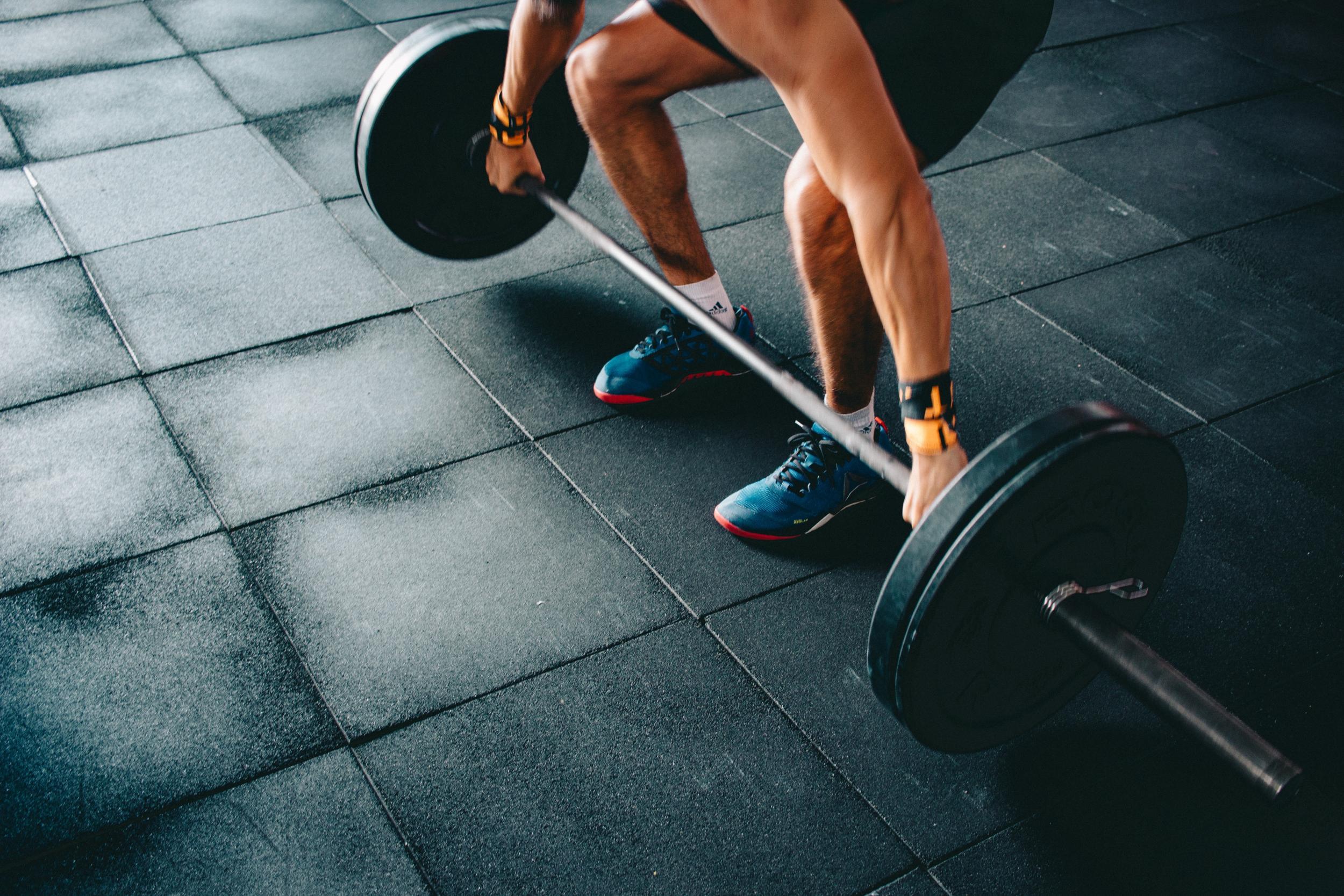High muscle strength could help you live longer, study finds
Grip strength in particular is crucial as we age

While it can’t be disputed that there are benefits to both strength training and cardio, a new study has found that the former might help increase life expectancy.
According to research by the University of Michigan, having stronger muscles is linked to living longer.
The study, published in the Journal of Gerontology: Medical Sciences, found that people with low muscle strength are 50 per cent more likely to die earlier than their stronger peers.
“Maintaining muscle strength throughout life - and especially in later life - is extremely important for longevity and ageing independently,” said lead researcher Kate Duchowny.
Along with her colleagues, Duchowny analysed data from 8,326 US men and women over the age of 65 who were selected to represent the national population as a whole, as part of the university’s Health and Retirement Study.
The researchers found that hand grip strength in particular was important as it’s inversely linked to mobility limitations - however this is not a measure that is regularly tested in routine physicals.
Grip strength is considered a good reflection of overall strength and is easy to measure using a dynamometer - a person simply squeezes it to measure their strength in kg.
The study found that 46 per cent of the participants were considered weak based on the thresholds laid out by the researchers. What’s more, the people in the “weak” category were over 50 per cent more likely to die early than stronger people.
“We believe our cut-points more accurately reflect the changing population trends of older Americans and that muscle weakness is a serious public health concern,” Duchowny said.
“Many ageing studies - not just those on muscle strength - are conducted on largely white populations. However, as the U.S. population becomes increasingly diverse, it is critical to use nationally representative data for these types of studies.”
As our hands are essential for living independently as we age, having good grip strength is key in later life.
“This study further highlights the importance of integrating grip strength measurements into routine care - not just for older adults but even in midlife,” said Duchowny.
“Having hand grip strength be an integral part of routine care would allow for earlier interventions, which could lead to increased longevity and independence for individuals.”
Join our commenting forum
Join thought-provoking conversations, follow other Independent readers and see their replies
0Comments